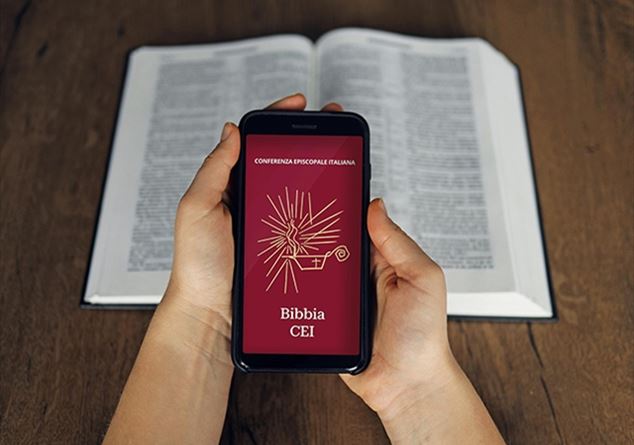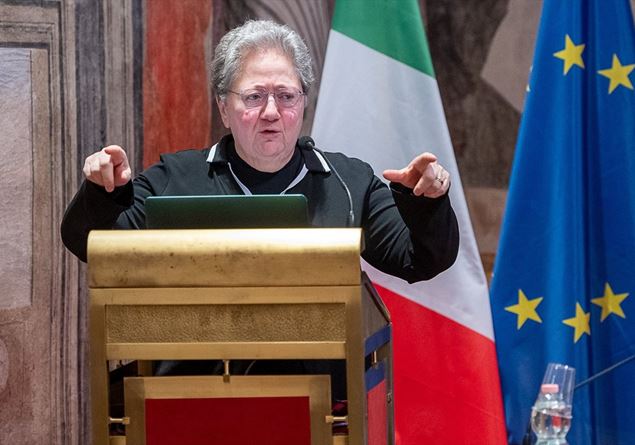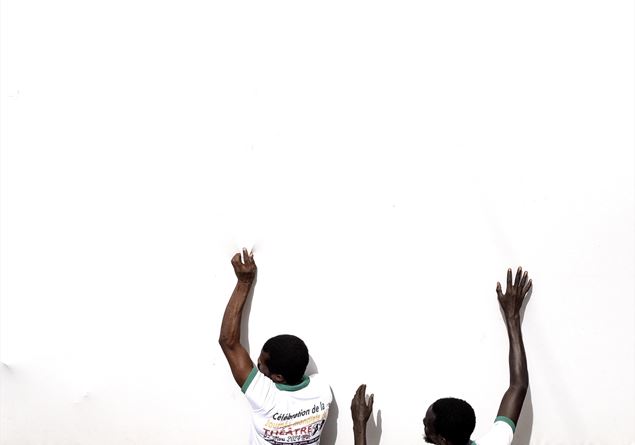Dear reader friends, the sixth is celebrated on Sunday 26 January Sunday of the Word, established by Pope Francis on 30 September 2019.
It is an opportunity to question ourselves about the relationship we have with the Bible, “God’s love letter to men”, according to an expression frequent in many Christian writers, but which often remains a treasure chest of buried or mummified treasures.
Paradoxically, as the journalist Elisabetta Soglio says in the interview given to Believesometimes it is the “non-believers” or in any case those who do not identify with the Church who “get our noses wet”. Soglio refers to an article by Dacia Maraini in the Corriere della Sera for the start of the Jubileein which the writer reflects on a biblical story, the story of Ruth and Naomi, which she evidently knows well: how many “practitioners” have read it? Soglio herself, as a practicing believer, was surprised by this, proposing for this Jubilee to “become more and better acquainted with the Word of God, the source of our hope”.
But the examples could be multiplied. I’m just quoting the “editorial bang” of The God of Our Fathers. The great novel of the Bible, by journalist Aldo Cazzullo (you can also find it on our SanPaoloStore.it): over 300,000 copies sold, by an author who is not a Bible expert but who somehow knew how to mediate an “exotic” text like the Bible to a general public. The Holy Scriptures, therefore, seem to attract people and even “secular” scholars today, interested in its philosophical and anthropological values.
But we also have to reflect on another fact, certified by the 58th Censis Report: the Reading habits are increasingly oriented towards visual messages rather than textual onesalso thanks to social media such as Instagram and TikTok. It is perhaps no coincidence that the TV series dedicated to the life of JesusThe Chosen, which appeared on various platforms and broadcast on Tv2000, was very successful.
Among young people who read, only 25% read the texts in full, 13% read only the titles and 12% get their information only from videos. In other words, reading habits are changing: people read quickly, remaining on the surface, you can’t “stand” long and complex texts. What does this say to us believers? It tells us that the Bible, which is a text that “resists” this type of fast reading, has become even more difficult and difficult to approach, especially for young people.
Not at all Pope Francis has repeatedly insisted on short homilies, 8 minutes at most.
Scripture, by its nature, requires a gradual, meditative, slow approach: a bit like slow food, makes you savor its riches slowly. This is because it it does not simply convey information, it is not an archaeological text from the past, but a living word that wants to involvewhich questions, which “pulls in” its reader and makes a Face appear to him.
According to an ancient adage of Saint Gregory the Great, “Scripture grows with the reader”, to the extent that he delves into it and allows himself to be “taken over” by its dynamism, which is that of the Spirit. On the other hand, we take time for the important things in life: why not for the Bible? A curiosity: in the Jubilees of the past, plenary indulgence was granted to those who read the Bible for half an hour a day, “with the veneration due to the divine word”. And you, dear friends, what relationship do you have with the Bible?
Write to us and tell us your experiences ([email protected] or WhatsApp 338-60.93.006).
(Top image: iStock Photo)










